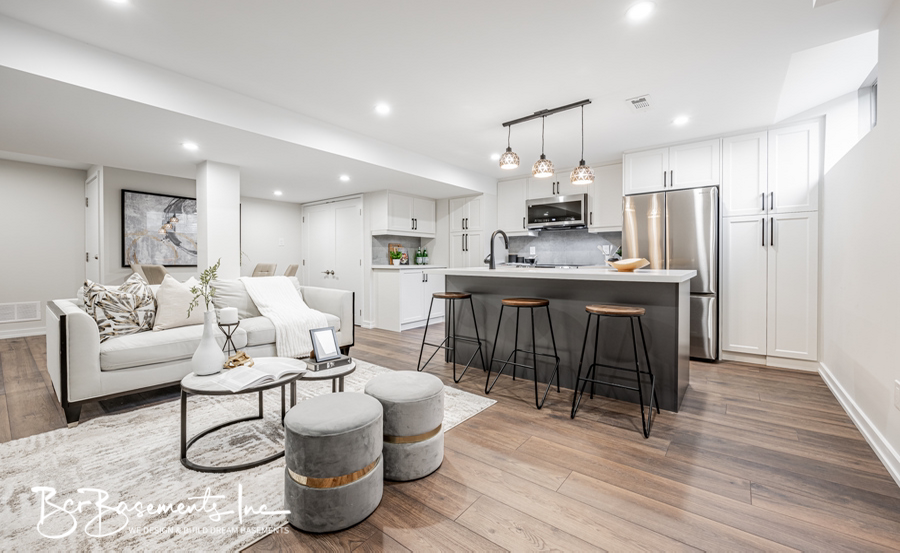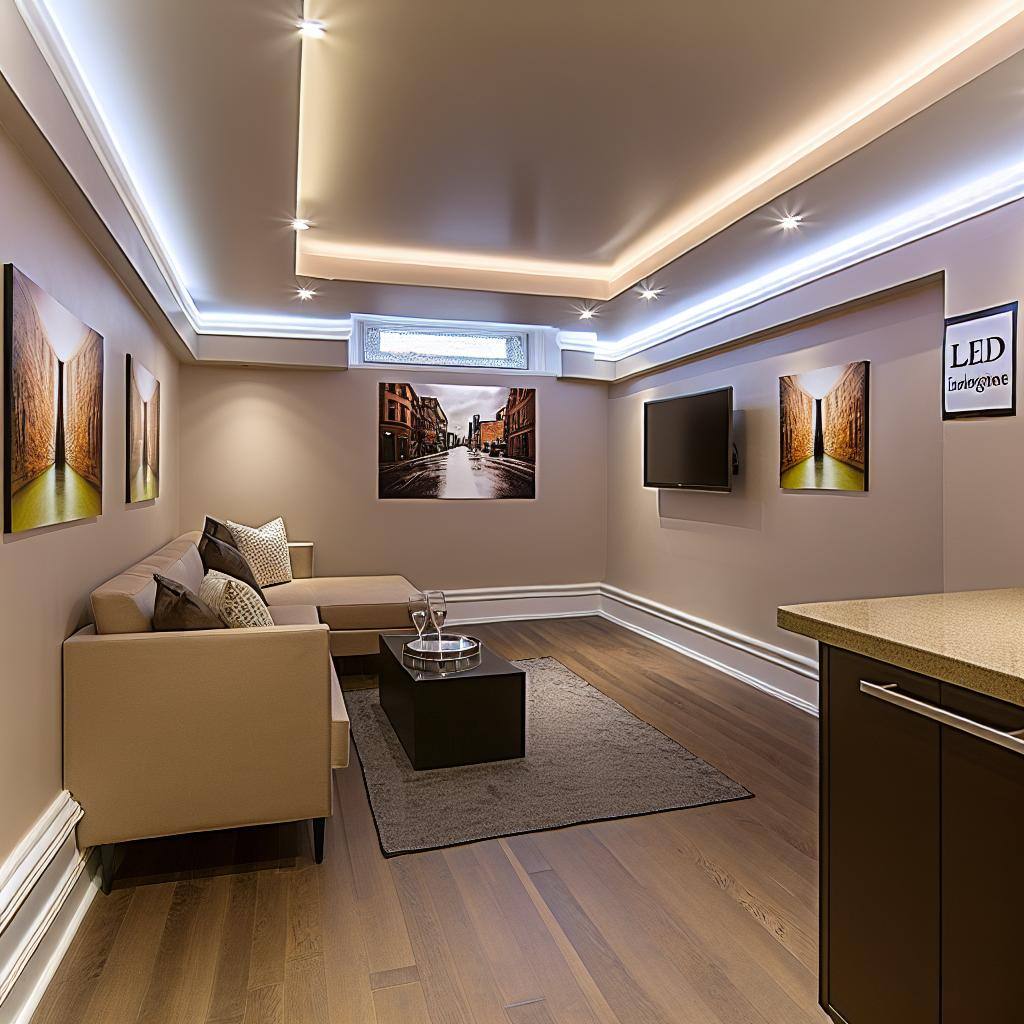Basement Renovation Near Me: Finding the Right Basement Contractor
Why Consider a Basement Renovation? A basement renovation is one of the most effective ways to increase your home’s living space and boost its value....
3 min read
Quacy Barry Dec 10, 2024 8:23:05 PM

Building a legal basement apartment can be a game-changing investment for homeowners in Toronto and the GTA. Whether you're looking to generate additional rental income, add value to your home, or create a secondary living space, understanding the costs involved is crucial. In this guide, we'll break down everything you need to know about the costs of building a legal basement apartment, from permits and construction to return on investment.
A legal basement apartment, also known as a secondary suite, is a self-contained living space within a home that complies with local building codes and zoning regulations. Key features include:
Building a legal basement apartment ensures you avoid fines, enhances safety, and increases marketability if you choose to rent it out.
Factors That Influence the Cost of a Legal Basement Apartment
Case Study: Cost of Building a Legal Basement Apartment in Toronto

Building a legal basement apartment in Toronto requires several permits:
Costs: Permits typically cost between $2,000 and $5,000, depending on the scope of work.
Inspections: Inspections are mandatory throughout the project to ensure compliance with building codes.
Building a legal basement apartment is not just an expense—it’s an investment. Here’s how it can pay off:
Example 1: Basic Conversion in a Suburban Home
Example 2: Mid-Range Conversion with Custom Features
Example 3: High-End Conversion in a Luxury Property
Building a legal basement apartment is a significant investment, but the financial and functional benefits make it worthwhile. By understanding the costs involved, planning carefully, and working with experienced professionals, you can create a valuable secondary suite that enhances your property and generates consistent rental income. Whether you're starting small or going all-in with a high-end conversion, this guide will help you make informed decisions every step of the way.

Why Consider a Basement Renovation? A basement renovation is one of the most effective ways to increase your home’s living space and boost its value....

Table of Contents

3 min read
Table of Contents Common Issues with DIY Basement Renovation Creative Basement Remodel Ideas The Hidden Costs of DIY Mistakes Benefits of...